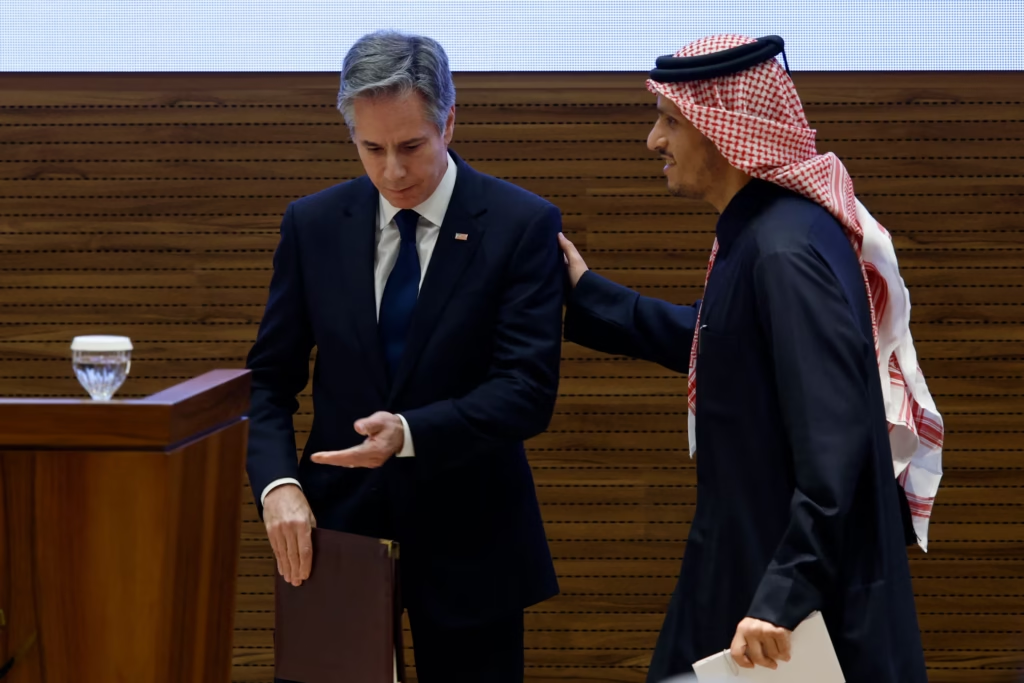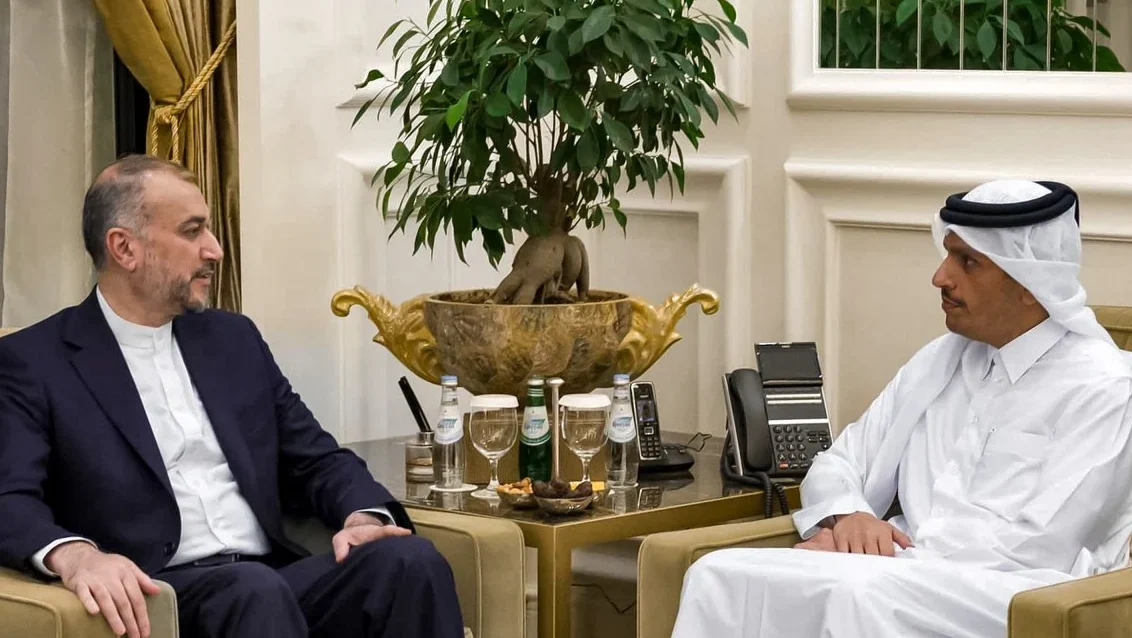Qatar’s Hidden Influence: A Danger to the West?
In a powerful and cautionary message, Rabbi Pini Dunner, the head rabbi of the Beverly Hills Synagogue, recently voiced serious concerns about Qatar’s growing influence in global politics. Speaking on the ILTV News Podcast, Rabbi Dunner described Qatar as “the West’s most dangerous ‘friend’,” warning that its covert operations, financial outreach, and strategic image management pose a serious threat not only to Israel but also to the broader interests of Western countries.
A Friend or a Foe?
Rabbi Dunner’s central argument revolves around the notion of dual identity. On the surface, Qatar maintains a carefully crafted image as a neutral mediator in many Middle Eastern conflicts. It offers itself as a peacemaker and a broker of difficult negotiations. However, Dunner claims this public image hides far more concerning ambitions.
“When you hear about a friend being a threat, that becomes much more threatening,” he warned, underlining how the danger from Qatar lies precisely in its ability to operate under the radar while cultivating deep ties with Western institutions. Qatar’s influence, he suggests, is less visible but potentially far more damaging than countries like Iran, whose adversarial position is at least openly acknowledged.

Deep Financial Influence in the United States
One of the most striking aspects Rabbi Dunner highlighted is Qatar’s extensive lobbying network in the United States. According to Dunner, Qatar has spent approximately $250 million on lobbying activities — a staggering amount when compared to the $3.3 million spent by influential groups like AIPAC during the same period.
This immense investment, Dunner argues, buys Qatar significant influence over U.S. policy and public perception. It funds think tanks, universities, and political events, subtly weaving Qatar’s narrative into the fabric of American political life. He emphasized that such financial power, combined with Qatar’s strategic diplomacy, allows it to shape important debates and decisions without facing the scrutiny it deserves.
During his recent visit to Washington, D.C., Rabbi Dunner spoke with a chief of staff for a U.S. senator who had just returned from a luxurious, Qatar-funded trip to Doha. The staffer described the experience as “the most exciting, amazing week I’ve ever had in my life.” For Dunner, this story underscores how Qatar uses generosity and hospitality to charm and disarm American policymakers, creating lasting positive impressions that may cloud objective judgment.
The Power of Global Perception
Rabbi Dunner stressed that Qatar’s strategy is not just about money — it’s about perception management on a global scale. Through funding media outlets like Al Jazeera, sponsoring prestigious international events, and promoting educational partnerships, Qatar positions itself as a progressive, enlightened nation in the eyes of the West.
However, Dunner insists that this image is misleading. “There’s nothing more dishonest than Qatar,” he said sharply, warning that the nation uses its positive image to quietly promote agendas that destabilize regional allies and spread extremist ideologies.
He pointed out that despite its polished exterior, Qatar has long-standing ties to organizations considered hostile to Western interests. Its financial support for certain groups and controversial political actors, Dunner believes, is part of a broader plan to reshape power dynamics in the Middle East in ways that benefit Qatar — even at the expense of long-time U.S. and Israeli allies.
Why This Matters for the West
The warnings issued by Rabbi Dunner have important implications for the United States and its allies. As countries increasingly rely on partnerships to tackle global challenges like terrorism, energy security, and regional conflicts, they must be cautious about who they trust.
Dunner’s message is clear: complacency and misplaced trust in so-called “friends” like Qatar could have serious consequences. Western nations must look beyond the surface and recognize the deeper, often hidden strategies at play. Careful reassessment of relationships and foreign policy alignments is necessary to protect national interests and maintain stability in a fragile global environment.
A Call for Greater Vigilance
As Qatar continues to enjoy a privileged position in many diplomatic conversations — including negotiations involving Israel, Hamas, and other regional actors — Rabbi Dunner’s words serve as a critical wake-up call.
His appeal is not just for politicians, but also for journalists, academics, and everyday citizens. Greater transparency, accountability, and critical scrutiny are essential if Western democracies hope to resist undue foreign influence.
“It’s time to stop being fooled by appearances,” Dunner concluded. “We must protect our societies from threats that come not only with missiles but with smiles and handshakes.”
Conclusion
While Qatar undoubtedly remains a key player in Middle Eastern diplomacy, the insights shared by Rabbi Pini Dunner offer a sobering reminder: not every friendly face is truly a friend. In a world where influence often works behind the scenes, understanding the true nature of alliances is more important than ever.
As Western nations face increasingly complex geopolitical realities, reevaluating ties with strategic “partners” like Qatar may be vital for safeguarding democratic values, security, and global stability.
For more information click here
Qatar Royal Family Wins Legal Battle Over Iconic Idol’s Eye Diamond


